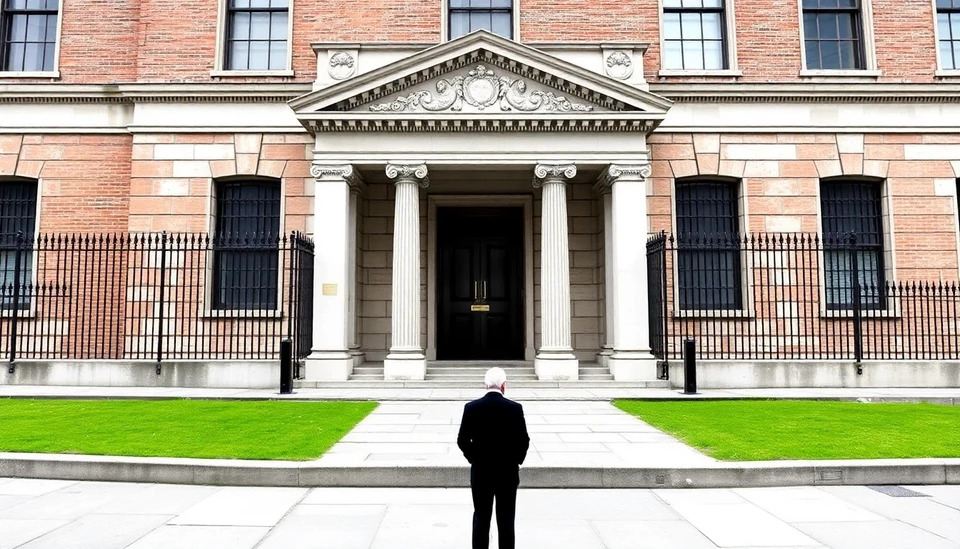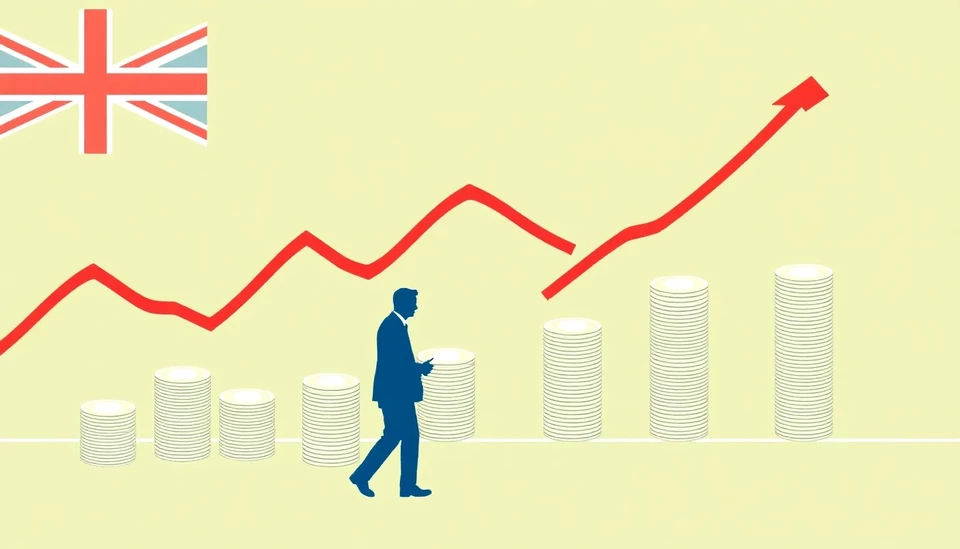
Following the recent victory of Donald Trump in the U.S. presidential election, the Bank of England (BoE) has indicated that any potential reductions in interest rates will depend heavily on the absence of new economic shocks. This statement was made by Andrew Pill, the Chief Economist of the BoE, during a recent press conference where he addressed the implications of the election outcome on the UK economy and monetary policy.
With Trump's return to power, analysts are closely monitoring the potential impact on global markets and the UK economy specifically. The BoE is known for its proactive stance in adjusting interest rates in response to changing economic conditions, and Pill's remarks highlight a cautious approach in the wake of political uncertainty.
During the briefing, Pill emphasized that the BoE's current assessment does not foresee immediate changes to monetary policy but noted that the central bank remains vigilant. He stated, “Our response will depend on how events unfold and whether there are any significant shocks to the economy moving forward.” This signals that while the BoE is prepared for flexibility, the committee is also wary of the unpredictable influences that political shifts can introduce into the economic landscape.
Pill further elaborated on the current economic indicators, emphasizing that inflation remains a fundamental concern, along with the prospects for growth in the UK. As the nation navigates the potential consequences of Trump's re-election, concerns regarding trade, investment, and domestic consumption continue to loom large, reinforcing the central bank's cautious stance.
Additionally, Pill pointed out that the global economic environment remains fragile, with various challenges that could emerge from the geopolitical climate and the potential for heightened trade tensions. This uncertainty makes it all the more critical for the BoE to maintain a steady hand on interest rates, ensuring they are prepared to react swiftly yet judiciously should any adverse developments occur.
The sentiment expressed by the BoE's Chief Economist resonates with market analysts, who foresee a period of increased volatility and unpredictability. Investors are unusually alert to developments that may affect their portfolios, particularly as they relate to interest rate changes that could signal shifts in the overall economy.
As the situation develops, stakeholders from various sectors will be keenly observing the Bank of England's policy decisions, as they will be pivotal in shaping both short-term and long-term economic outlooks in the UK.
In conclusion, the Bank of England's current trajectory regarding interest rates will remain contingent on external factors arising from both domestic and international fronts. Policymakers are expected to strike a balance between fostering economic growth and curtailing inflationary pressures, all while navigating the complexities introduced by political changes such as Trump’s electoral win.
#BankOfEngland #TrumpWin #InterestRates #Economy #MonetaryPolicy #Inflation #UKEconomy #EconomicOutlook #Investment #GlobalMarkets
Author: Rachel Greene




